8. Ex Machina (2015)
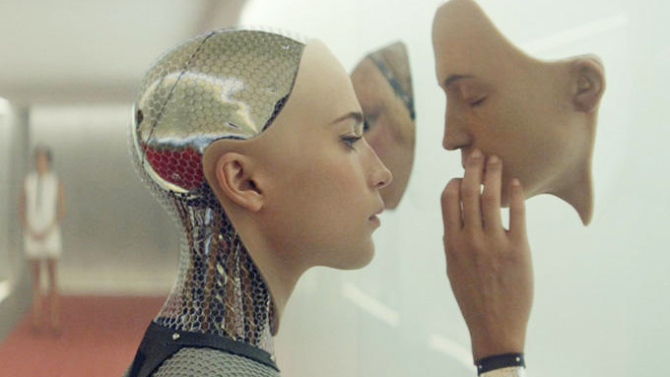
Alex Garland first made his name as a novelist (The Beach), then as a screenwriter (his works include 28 Days Later, Sunshine, and Never Let Me Go), cut his director teeth with Ex Machina (which he also wrote). A voyeuristic sci-fi film, and essentially a chamber piece, Garland’s philosophical tale starts with Caleb Smith (Domhnall Gleeson), a programmer for a search engine called Bluebook, who’s invited to meet and stay with it’s illusive CEO, Nathan Bateman (Oscar Isaac) on a new project.
This project involves artificial intelligence in the form of Ava (Alicia Vikander), and instantly an objectifying gaze falls upon her — this objectifying is fitting, considering she’s a robot — and soon tenets of male/female Weltanschauung abounds. It’s more subversive and thoughtful then it’s surface suggests, and, interestingly, Charles Perrault’s classic fairy tale Bluebeard is reworked and given eerie homage (consider bearded Nathan’s “robot wives” and Ava’s self-aware relation to them, for instance).
Ex Machina grasps for big ideas while articulating a dystopia that’s magnanimous to AI but not so much towards humanity. Brilliant.
7. Mad Max: Fury Road (2015)
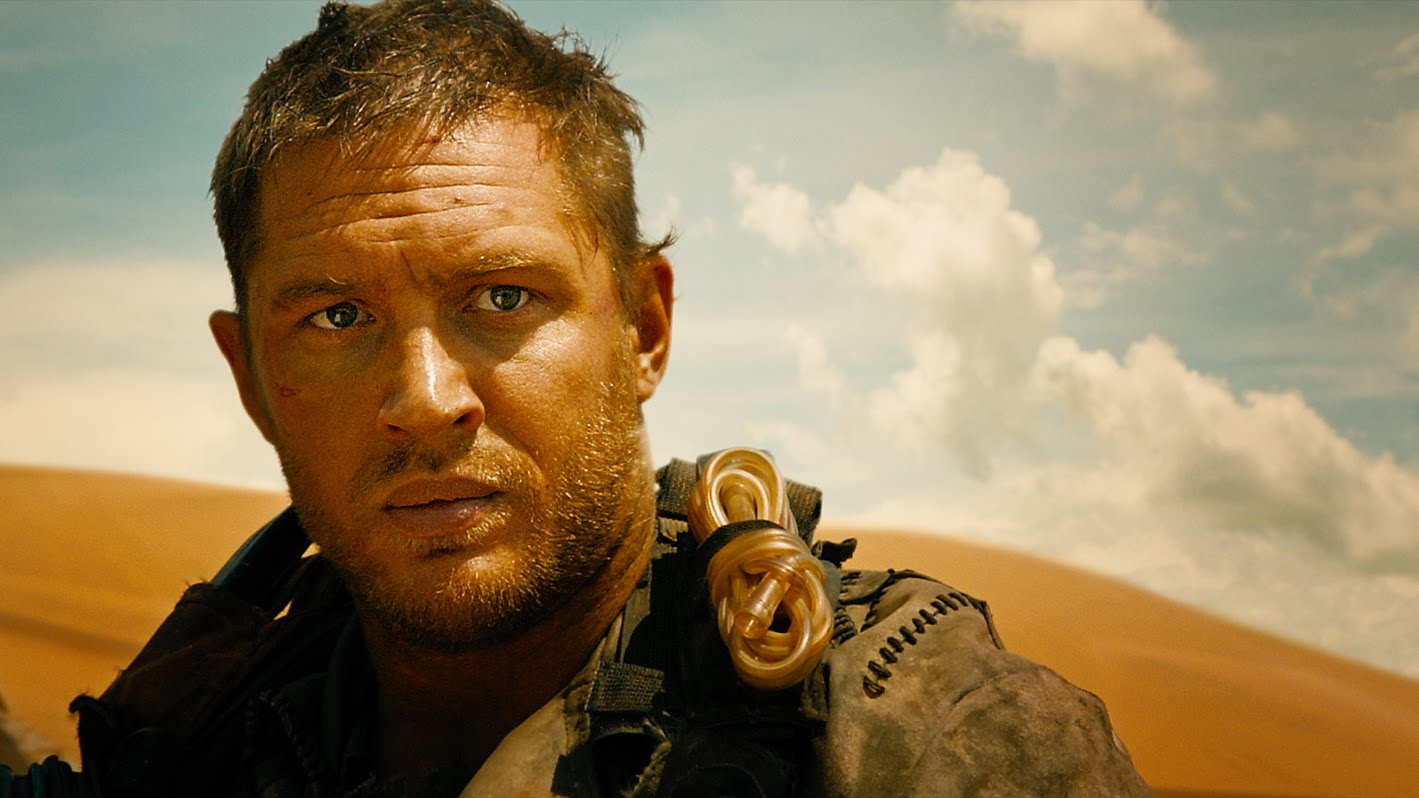
George Miller’s Mad Max: Fury Road offers up the ultimate chase movie as he retools the motorcade mayhem first glimpsed in The Road Warrior (1981), the first of his Mad Max sequels.
Riding shotgun with Miller is his editor and wife Margaret Sixel who helps clearly define for the audience the spatial relationships of the many elements––vehicles, characters, etc––specifically the crazy quilt cause-and-effect maneuverings of fast-paced and ever-moving mayhem. The physics of action cinema have rarely if ever been so pronounced and so astonishing.
The post-apocalyptic cosmology of Mad Max: Fury Road is also augmented by Colin Gibson’s alternately gorgeous and grotesque production design, Jenny Beavan’s costumes, and John Seale’s in succession trembling and tranquiil lens. Any way you cut it, Fury Road is a genre fan’s fantasy full realized and a pièce de résistance writ courageously large.
6. Eternal Sunshine of the Spotless Mind (2004)
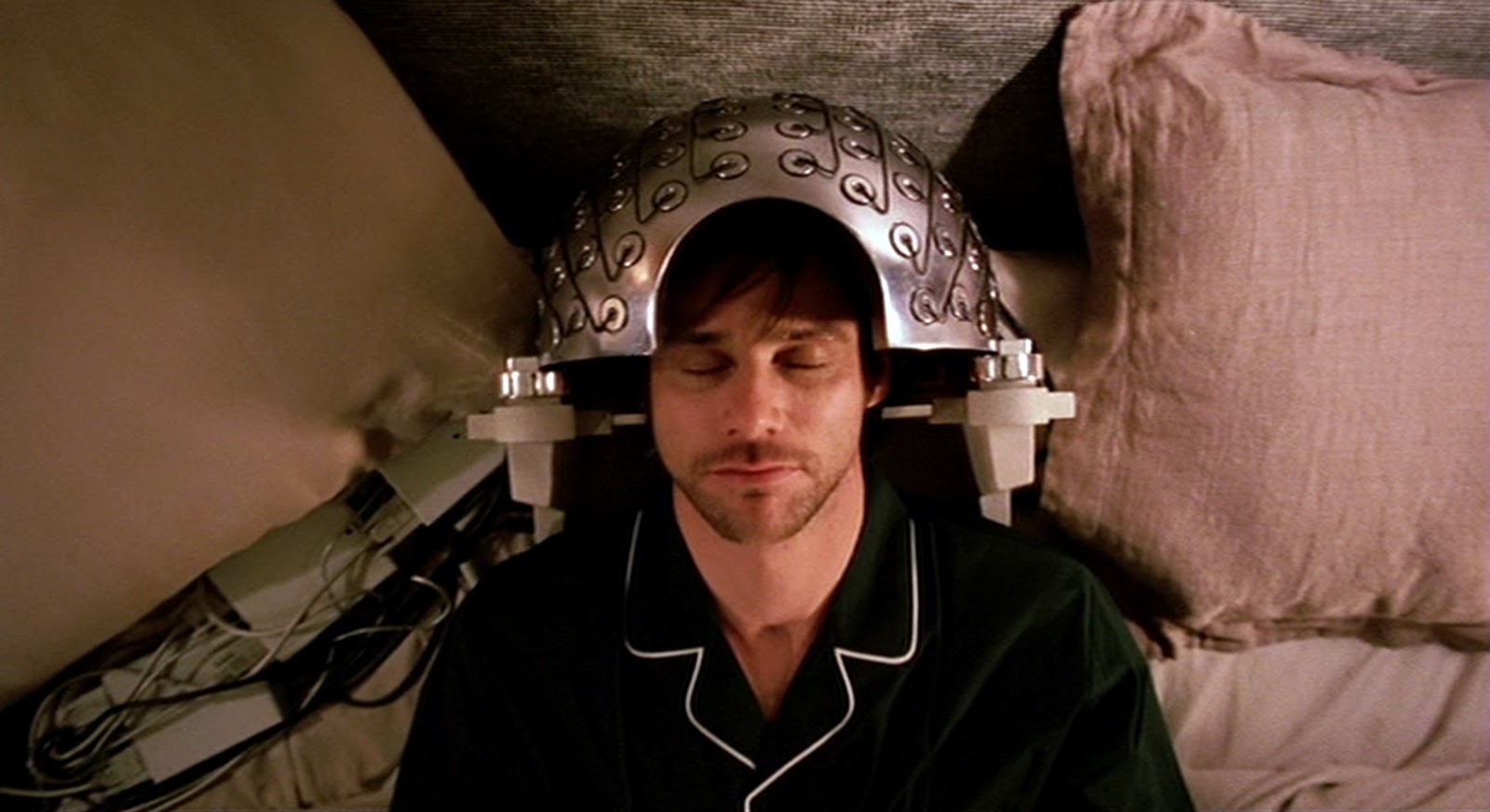
Certainly director Michel Gondry’s finest film to date, and one of screenwriter Charlie Kaufman’s most inspired – with nods to Philip K. Dick – the poetically titled Eternal Sunshine of the Spotless Mind is an emotionally devastating dissection of an abandoned love affair.
A couple on the outs, Joel (Jim Carrey) and Clementine (Kate Winslet) opt to undergo an extreme procedure to erase one another from their memories after their relationship has hit the proverbial rocks. Via the mechanism of loss they discover the fragile love they shared and the heart-spurned anguish that follows is gracefully pronounced and wonderfully articulated.
With far-reaching repercussions and sincere sadness, this film is an intricate, and intimate meta-anti-valentine that is, hence, a laudation to lost love. Wonderful stuff.
5. Upstream Color (2013)

Shane Carruth’s Upstream Color, is an otherworldly experience that will make the right kind of audience absolutely ecstatic and frequently fighting tears of joy and wonder when not wholly hypnotized by its visual versification and bold narrative.
Amy Seimetz shines as Alex, our put-upon protagonist who finds herself brainwashed into emptying her bank account by a thief (Thiago Martins) who uses a combination of drugs, parasites, and bizarre hypnagogic neuro-linguistic-type programming to dupe her.
Alex eventually regains herself and learns she’s not the only one who has been manipulated in this way to similar dubious ends. Drawn to Jeff (played by Carruth), the two are similarly uncertain of what they lost through their mind-meddling ordeal but, as their lives spiral and entwine, the film, like an amorous Möbius strip, outshines itself, and its heart reaches a hard fought and rather miraculous crescendo.
The artistry on hand is wondrous, with sequences of such aching, ingenious elegance. Upstream Color ranks high as one of the most transformative and spellbinding cinematic experiences you’re likely to have. Only Carruth’s second film (his 2004 debut, Primer, is an honorable mention listed below) and already he has a pièce de résistance.
4. Under the Skin (2013)
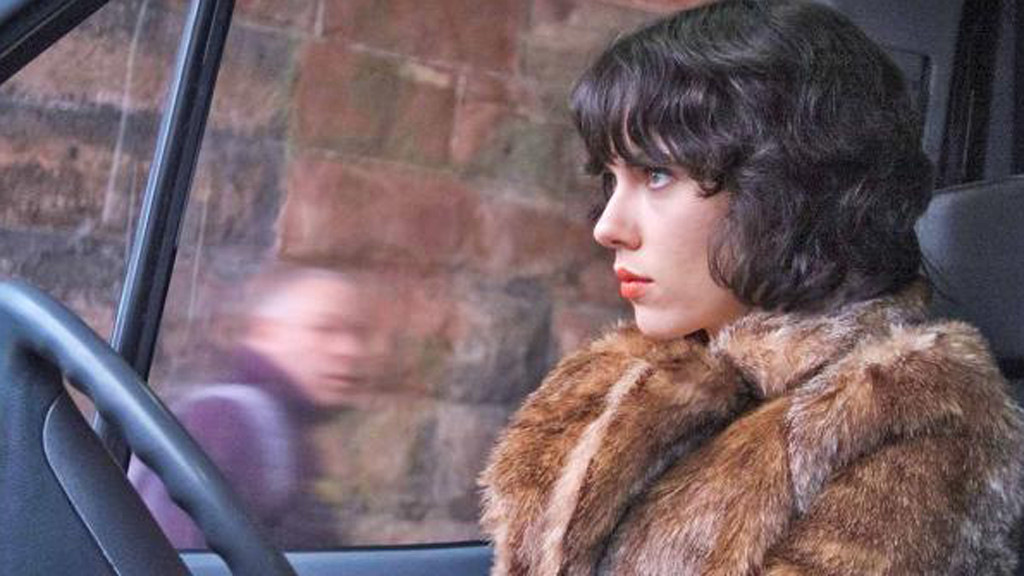
Yes, Under the Skin has earned another mention on a Taste of Cinema list, and with good and warranted reason. A deeply thoughtful and profoundly shocking exploration of civilization and humanity, Jonathan Glazer spent nearly a decade on this dark hearted epic.
Comparisons to Stanley Kubrick and Andrei Tarkovsky are appropriate and easily supported, as are the carefully constructed visual sensibilities and quasi-documentary leanings of Claire Denis and Lynne Ramsay. Loosely using Dutch author Michel Faber’s satirical 2000 sci-fi novel Under the Skin as the alpha of this deep, metaphysical and mercurial treatise on, well, us, Glazer has surpassed expectation.
Scarlett Johansson is outstanding, she shines in a controlled and calculating process as she moves from childlike cherub to rouge-lipped iconoclast, all while saying very little. Seducing working-class blokes at random, she lures them into her alien lair with terrifying and deeply troubling results. Her motives remain unclear in what amounts to an unaffected nightmare.
Mica Levi’s score adds heft to Glazer’s artfully arranged visual compositions, culminating in a third act extravaganza of upset and intrigue.
An elaborate subterfuge of a film, ethereal and arty all the way, it’s an unnerving, unpredictable, and sense-rattling experience that will alternately haunt and reward the patient viewer for days afterwards. Under the Skin does just what its provocative title promises, make no mistake. It’s also something of a masterpiece.
3. Arrival (2016)
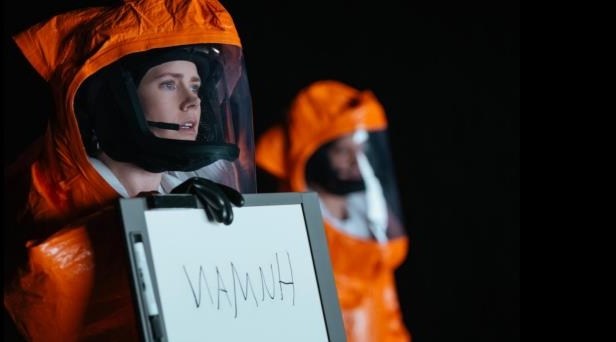
Denis Villeneuve’s Arrival is an ecstatic and otherworldly experience; extraordinarily romantic, deeply moving, and filled with buoyancy, and wonder. A bridge between Stanley Kubrick’s 2001: A Space Odyssey, Terrence Malick’s Tree of Life and the profound yet fable-like speculative writings of Ray Bradbury, PKD and Ursula Le Guin, Arrival is a richly rewarding sci-fi spectacle.
Eric Heisserer’s script faithfully adapts “Story of Your Life”, a 1999 piece of award-winning short fiction by Ted Chiang, about linguistics professor Louise Banks (Amy Adams) who reluctantly heads an elite team of investigators after a dozen monolith-like spaceships touchdown in seemingly random locals around the earth. As panic spreads amongst the populace and nations tremble at the possibilities, Louise’s team hustle to find a way to communicate with the extraterrestrials.
Arrival is an intelligent, spry, and cerebral coup de pop cinema with the look and feel of a big-ticket extravaganza with mass appeal, yet it’s smarter than any popcorn film you’re likely to see.
Adams is astonishing in a gracefully calibrated lead performance, boldly articulating the poetic grandeur that Villeneuve aspires to and achieves. Adams makes love and loss both sincere and elegantly substantiated, making sure that Arrival dutifully earns each tear you’ll shed by its impelling and stunning finale.
2. Children of Men (2006)
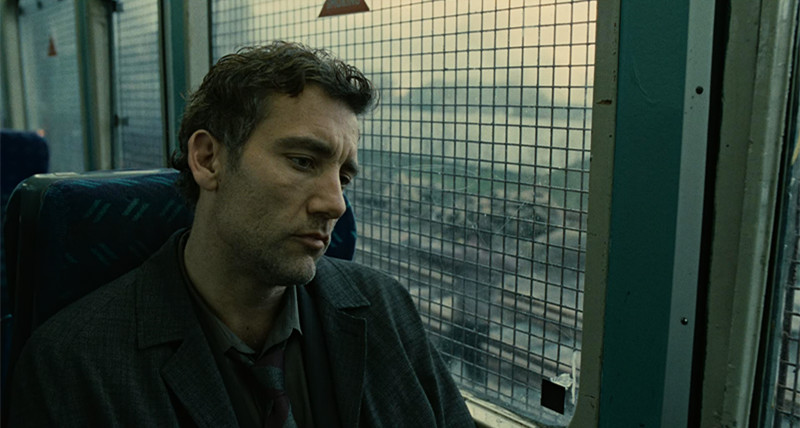
Alfonso Cuarón has directed many wonderful films so far this century (2013’s Gravity is amongst the honorable mentions listed below), and his 2006 dystopian drama Children of Men is the stand out amongst them.
Sharply adapted from P.D. James’ 1992 novel, Children of Men is a bleak, brutal, technically dazzling marvel of misgiving, mental stress, and intense action. Clive Owen leads a champion cast (Clare-Hope Ashitey, Michael Caine, Chiwetel Ejiofor, and Julianne Moore are also on the scene) through the final, fragile days of dying out humanity in the year 2027. With the human race rendered infertile and all of society crumbling around them, Owen’s derisive civil servant Theo Faron must escort a pregnant refugee (Ashitey) through the chaotic and crumbling remnants of the UK.
The human drama is profound and Emmanuel Lubezki’s award-winning cinematography inundates and overwhelms the viewer constantly. Many innovative and ingeniously clever choreographed single-shot sequences catapults the film into the stratosphere, making it an exemplar of visual sci-fi centric storytelling and marvelous, forward-looking cinema. Sensational.
1. Blade Runner 2049 (2017)
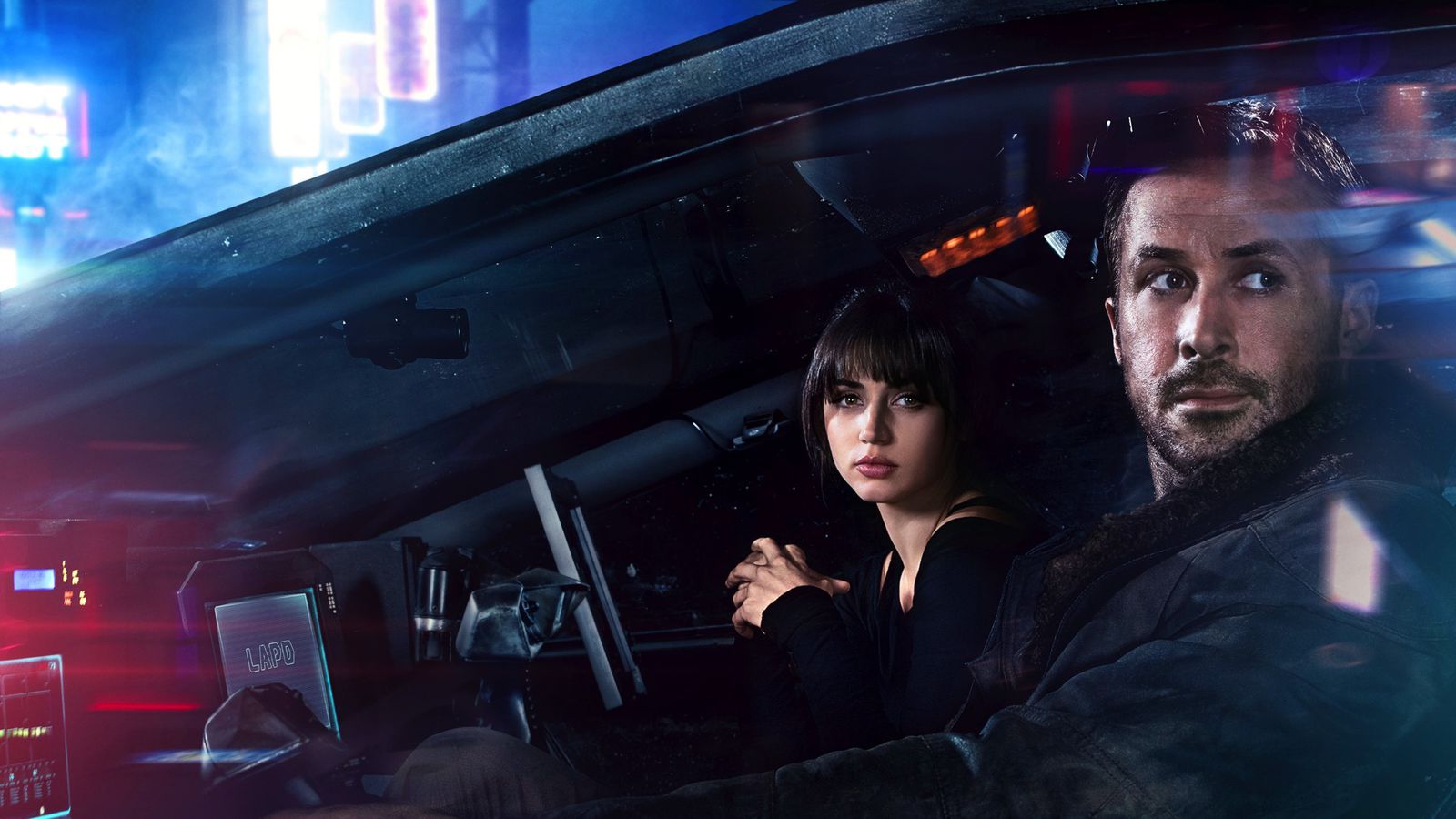
Working closely with screenwriters Hampton Fancher (who co-wrote Ridley Scott’s original Blade Runner back in 1982) and Michael Green (2017’s Logan, already on this very list), and his sensational cinematographer Roger Deakins, visionary Canadian film director Denis Villeneuve did the near impossible task of following up Scott’s Blade Runner with a sequel that retains much of the tactile splendor and future noir poetry of the original while manufacturing an objet d’art that is perhaps even more emotionally engaging and narratively speaking, a more complete experience.
“Villineauve [and Deakins] give us staggering new visions of the future,” wrote NPR’s film critic Bob Mondello, “ones that confound and trance and mystify… even while making rich cinematic sense.”
Unspooling some thirty years after the first film, Ryan Gosling is K, a replicant who hunts rogue replicants and like Rick Deckard (Harrison Ford, excellent in his best role in decades) before him, retires his quarry using deadly means. When K discovers evidence suggesting that a replicant has reproduced and had a child, he is charged with murdering the child in order to prevent a large-scale replicant uprising.
While 2049 may lack the iconic villains of the original (Jared Leto’s Niander Wallace and Sylvia Hoeks’ Luv are intriguing characters but lack the depth, dynamism, and grandeur of Rutger Hauer’s Roy Batty and Daryl Hannah’s Pris), it still offers up an emotive, stirring, and stunning spectacle. The dystopian future presented onscreen is equal parts gorgeous and ghoulish, and many of Philip K. Dick’s big questions and recurrent verses are on elegantly display.
A sublimely articulated mindbender, seductively crafted, steeped in mystery, and one that teases the audience with numerous ambiguities, and needling puzzles, Blade Runner 2049 is one of speculative fiction’s crown jewels. This is a film that, like its predecessor, will be discussed, dissected, revisited and extolled for decades to come.
Honorable Mention:
A.I. Artificial Intelligence (2001, directed by Steven Spielberg), Solaris (2002, directed by Steven Soderbergh), Signs (2002, directed by M. Night Shyamalan), Primer (2004, directed by Shane Carruth), 2046 (2004, directed by Wong Kar-wai), The Man From Earth (2007, directed by Richard Schenkman), WALL-E (2008, directed by Andrew Stanton), Avatar (2009, directed by James Cameron), Super 8 (2011, directed by J. J. Abrams), Source Code (2011, directed by Duncan Jones), Chronicle (2012, directed by Josh Trank), Oblivion (2013, Joseph Kosinski), Coherence (2013, directed by James Ward Byrkit), Cloud Atlas (2012, directed by the Wachowskis and Tom Tykwer), Gravity (2013, directed by Alfonso Cuarón), Her (2013, directed by Spike Jonze), The World’s End (2013, directed by Edgar Wright), The Incident (2014, directed by Isaac Ezban), Interstellar (2014, directed by Christopher Nolan), Dawn of the Planet of the Apes (2014, directed by Matt Reeves), The Martian (2015, directed by Ridley Scott), Midnight Special (2016, directed by Jeff Nichols), Alien: Covenant (2017, directed by Ridley Scott).
Author Bio: Shane Scott-Travis is a film critic, screenwriter, comic book author/illustrator and cineaste. Currently residing in Vancouver, Canada, Shane can often be found at the cinema, the dog park, or off in a corner someplace, paraphrasing Groucho Marx. Follow Shane on Twitter @ShaneScottravis.